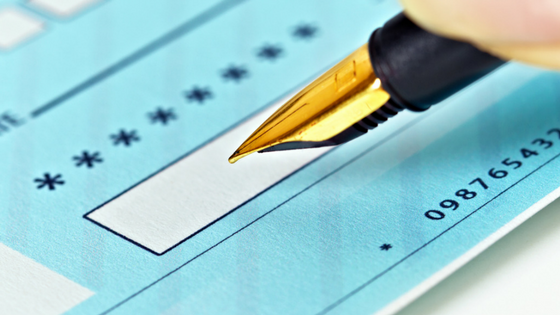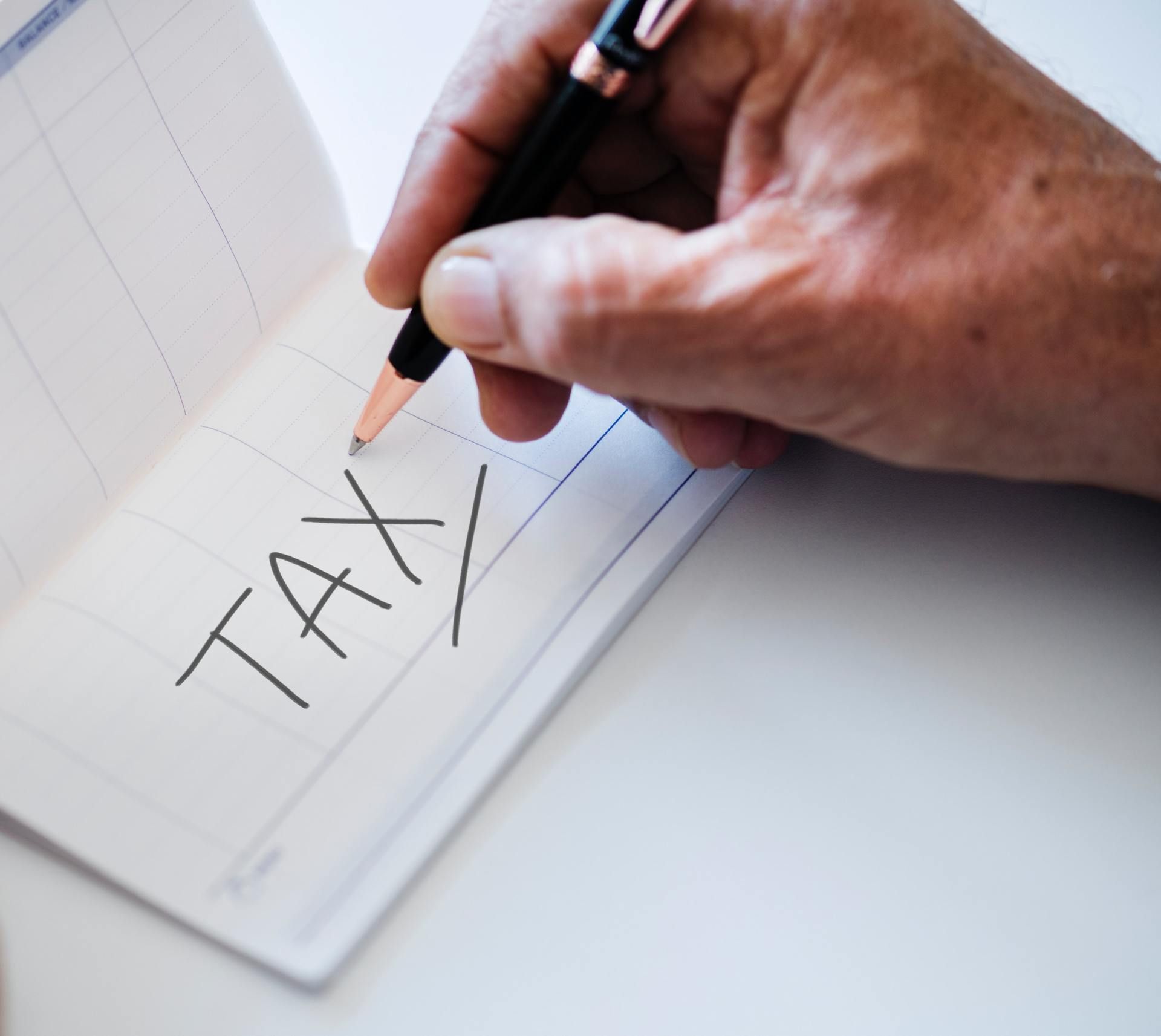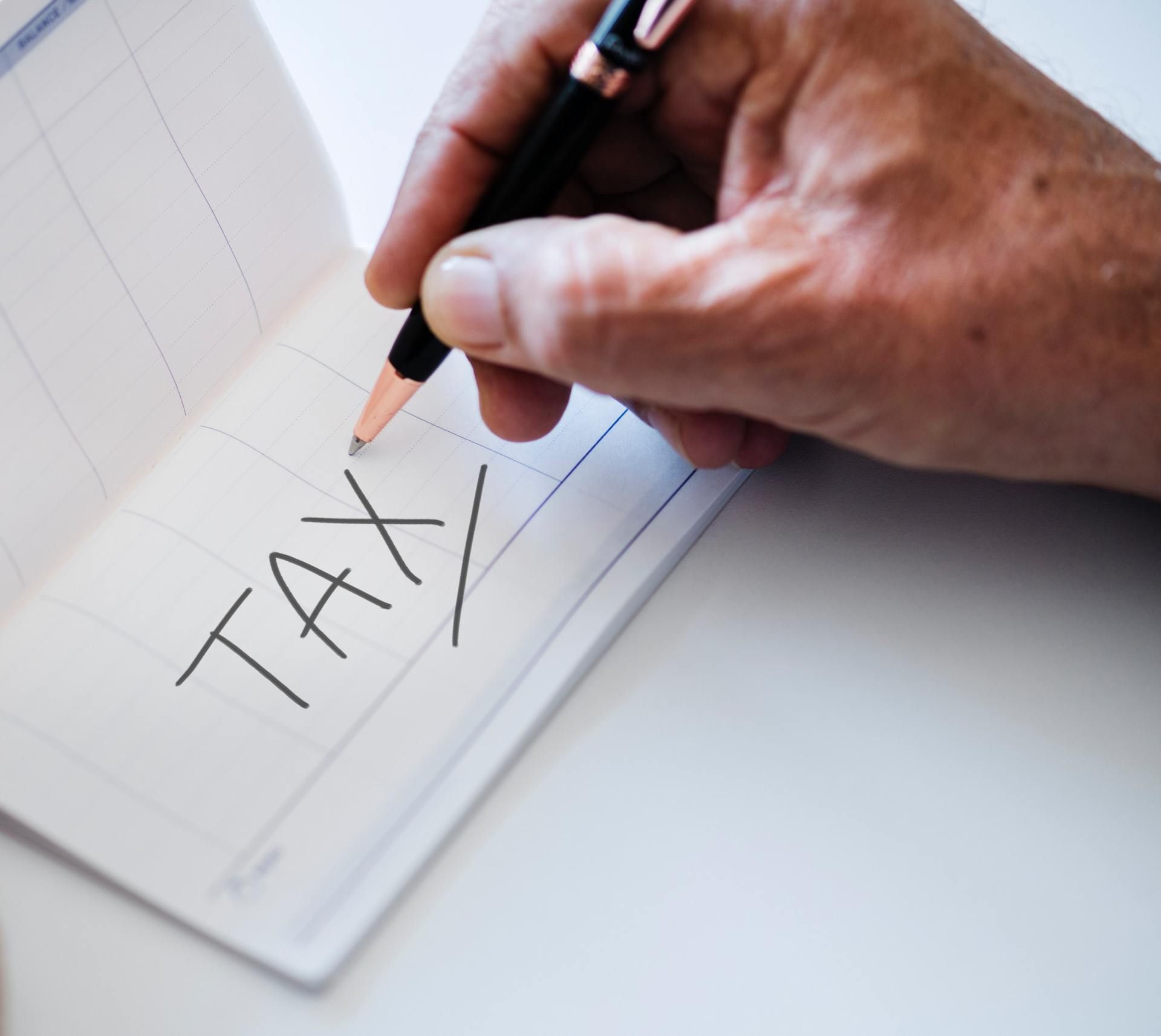Post Title
Author name
There are perfectly legitimate strategies in place to take some of the burden away from the self-employment tax, but avoiding this tax shouldn’t be the only reason you consider some of these changes.

Being self-employed has many wonderful benefits – setting your own schedule, controlling your own income potential, selecting the clients with who you wish to serve, being your own boss, the list goes on and on. But if you are going to be self-employed, then you may have to pay self-employment taxes in addiiton to your Federal and State taxes. Throughout this blog, we will discuss what is self-employment tax and how it could affect you as a business owner or independent contractor.
What is Self-Employment Tax?
In 1954, the government passed SECA (Self-Employed Contributions Act) to ensure that business owners were paying their fair share into the Social Security pool. Under SECA, business owners pay both ends of the tax, employer and employee. After Medicare became law, it was added to the self-employment tax as well. Employees typically have their portion held from paychecks, with the employer matching. These are now known as FICA taxes.
What is the Rate?
The self-employment tax is broken down into two parts. 12.4% of the tax goes towards social security, which covers retirement income, disability and even some survivor income for family of the deceased. This percentage is usually capped at applying to a certain amount earned. In 2017, this amount was $127,000, meaning you would only pay the social security portion on the first $127,000 earned. The remainder of the tax, 2.9%, goes toward Medicaid and has no cap, meaning it is paid on every dollar of income.
Who Must Pay Self-Employment Tax?
Many types of small businesses and almost all independent contractors get stuck paying this self-employment tax and it can really add up. If you have $50,000 of net business income after deductions you would be facing a self-employment tax bill of $7,650! This would be on top of your normal federal and State taxes. There are still employers who selfishly miscalssify their employees as 1099 contractors, often leaving them with large and unplanned tax bills.
What you can do about self-employment taxes?
There are perfectly legitimate strategies in place to take some of the burden away from the self-employment tax, but avoiding this tax shouldn’t be the only reason you consider some of these changes. Many small business will organize as a Corporation or elect to be taxed as an S-Corporation, which can have many other benefits to how your business operates and is taxed.
Conclusion
If you are now going to be self-employed, paying the self-employment tax will now become a part of your yearly duties. Understanding what the tax is, if you have to pay it, and when you should pay it are fundamental in making sure that your business meets all IRS requirements if you are a business owner. If you are reading this wondering if you have possibly been paying more than you need to in self-employment tax, we would be happy to start a conversation today to see what options you may have.










